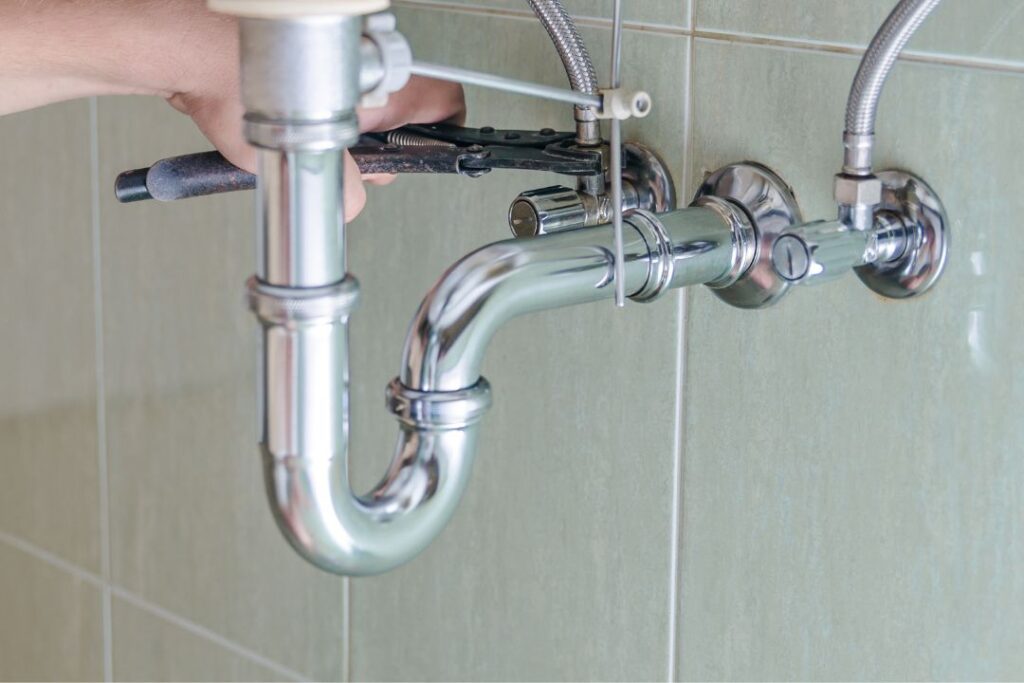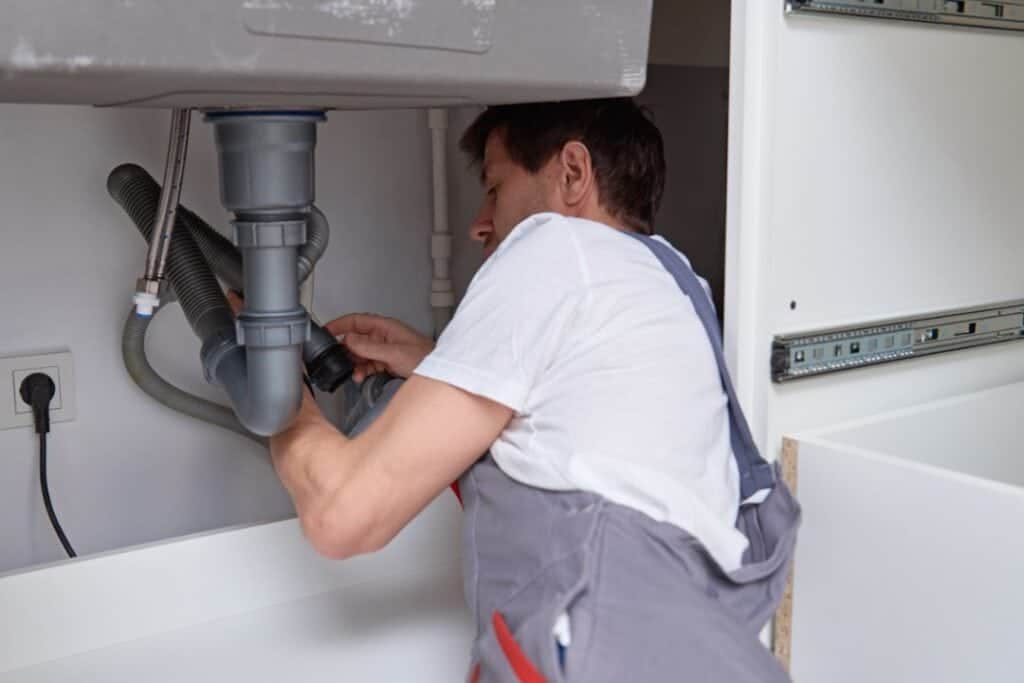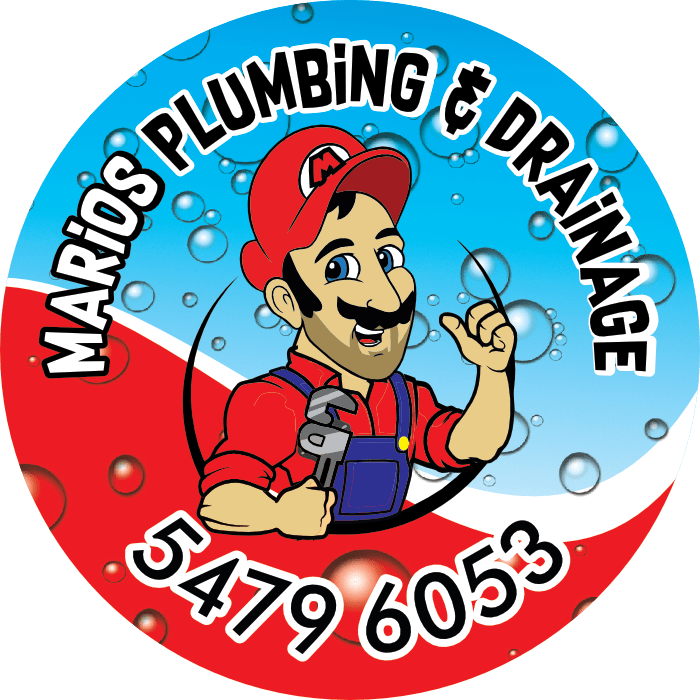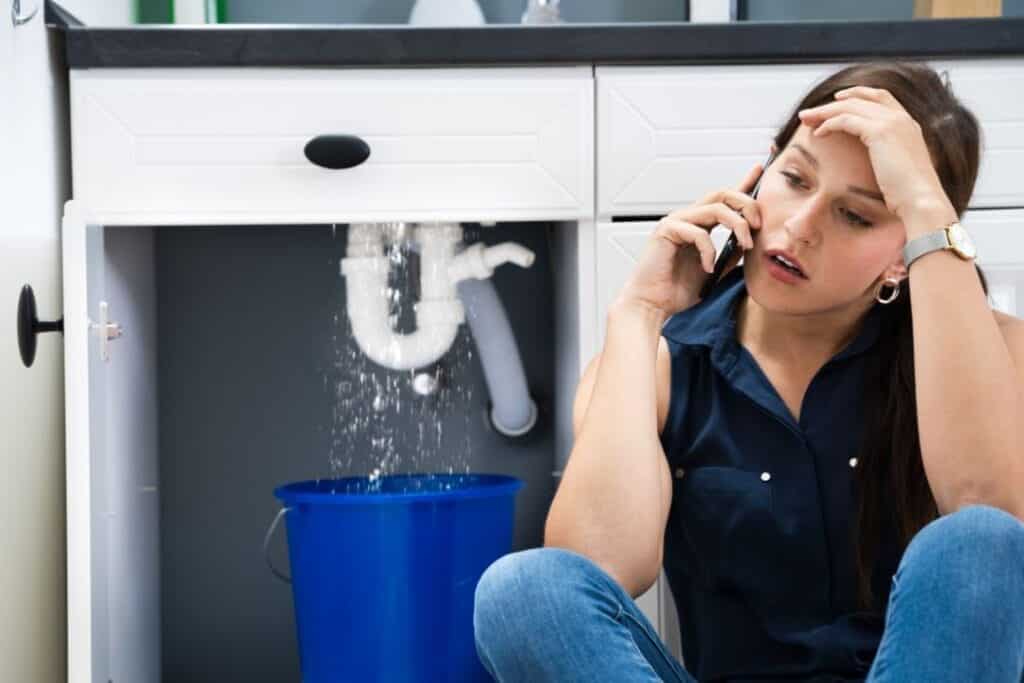Blocked drains can be a significant headache for commercial properties, leading to costly repairs and potential disruptions to daily operations. Understanding how to prevent these issues is crucial for maintaining a smooth and efficient environment. From restaurants to office buildings, every commercial property must prioritize drain maintenance to avoid unpleasant surprises and ensure business continuity. Preventing blocked drains involves a combination of regular maintenance, proper waste disposal practices, and prompt attention to early warning signs. This guide will provide essential tips and strategies to help you keep your commercial drains flowing freely, minimize downtime, and save on repair costs. By implementing these preventive measures, you can protect your property and keep your operations running smoothly.
Understanding the Causes of Blocked Drains in Commercial Properties

Blocked drains are a common issue in commercial properties that can disrupt operations and lead to costly repairs. Identifying the causes of these blockages is crucial for implementing effective preventative measures. Here are eight common causes of blocked drains in commercial properties:
Accumulation of Grease and Fat
In commercial kitchens, grease and fat from cooking can solidify and accumulate in drainage pipes over time. This buildup restricts the flow of water and eventually causes blockages. To prevent this, it’s essential to install grease traps and regularly clean them to capture grease before it enters the drainage system. Additionally, employees should be educated on proper disposal methods for grease and fat.
Food Waste
Food scraps and leftovers can also contribute to blocked drains, especially in kitchen sinks and garbage disposals. Even small food particles can accumulate and create clogs. Implementing a policy to scrape plates and utensils into designated bins for compost or waste disposal, rather than rinsing them in the sink, can help prevent food waste from entering the drainage system.
Foreign Objects
Items such as paper towels, wipes, and sanitary products are frequently flushed down toilets in commercial bathrooms. These items do not break down easily and can get caught in pipes, leading to blockages. Providing clearly marked disposal bins in bathroom stalls and regular reminders to staff and visitors about what can and cannot be flushed can reduce the incidence of blocked drains caused by foreign objects.
Hair and Soap Scum
In bathrooms and shower facilities, hair and soap scum can accumulate in drains and trap other debris, contributing to blockages.Installing drain covers or screens with fine mesh in showers and sinks can catch hair and prevent it from entering the drainage system. Regular cleaning of drains with appropriate tools can also help remove accumulated hair and soap scum.
Mineral Buildup
Hard water can lead to mineral deposits accumulating on the walls of pipes over time. This buildup narrows the diameter of the pipes, restricting water flow and potentially causing blockages.Implementing a water softening system can help reduce mineral buildup in pipes. Regular descaling and cleaning of pipes by professional plumbers can also prevent blockages caused by mineral deposits.
Regular Maintenance to Prevent Blocked Drains

Regular maintenance is essential for preventing blocked drains in commercial properties. By implementing proactive measures and conducting periodic inspections, property managers can identify potential issues early and avoid costly repairs. Here are eight effective strategies for maintaining clear and efficient drainage systems:
Scheduled Inspections
Regular inspections by qualified plumbers or maintenance personnel are crucial for identifying early signs of blockages or leaks in drainage systems. Inspections should cover all areas prone to blockages, including sinks, toilets, floor drains, and outdoor drainage. During inspections, professionals can use tools such as CCTV cameras to inspect the interior of pipes and identify any buildup or potential obstructions. Early detection allows for prompt intervention before blockages become severe.
Clearing Debris
Removing debris from drains and gutters is a fundamental part of maintenance. Leaves, dirt, and other outdoor debris can accumulate and block drainage systems, especially after storms or during seasons with heavy foliage.Regularly cleaning gutters, outdoor drains, and grates prevents debris from entering and obstructing the drainage system. This proactive measure helps maintain proper water flow and reduces the risk of blockages.
Hydro-Jetting
Hydro-jetting is a powerful method used to clear blockages and clean pipes using high-pressure water. It effectively removes accumulated grease, scale, and other debris that can lead to blockages. Implementing hydro-jetting as part of a maintenance schedule ensures thorough cleaning of drainage pipes. This method is environmentally friendly and avoids the use of harsh chemicals, making it suitable for regular maintenance in commercial properties.
Grease Trap Maintenance
In commercial kitchens, grease traps prevent grease and oils from entering drainage pipes and causing blockages. Regularly cleaning and maintaining grease traps is essential for their effective operation. Implement a schedule for cleaning grease traps based on usage and local regulations. Proper maintenance not only prevents blockages but also ensures compliance with environmental regulations and extends the lifespan of drainage systems.
Enzyme Cleaners
Enzyme cleaners are biological products that break down organic matter such as grease, food particles, and hair in drainage pipes. Regular use of enzyme cleaners helps prevent buildup and reduces the risk of blockages. Incorporate enzyme cleaners into your maintenance routine by applying them to sinks, showers, and floor drains. These cleaners are safe for pipes and environmentally friendly, making them a preferred choice for regular maintenance.
Investing in Professional Drain Cleaning Services
Investing in professional drain cleaning services is crucial for maintaining the health and efficiency of drainage systems in commercial properties. Here are key reasons why this investment is worthwhile:
- Expertise and Equipment: Professional drain cleaners have the expertise and specialized equipment, such as hydro-jetters and CCTV cameras, to thoroughly clean and inspect drainage systems. This ensures effective removal of blockages and identification of potential issues before they escalate.
- Preventative Maintenance: Regular professional drain cleaning is a proactive measure that prevents blockages and reduces the risk of costly repairs. It helps maintain optimal water flow and extends the lifespan of drainage pipes and fixtures.
- Compliance and Safety: Professional drain cleaners adhere to safety and environmental regulations when handling chemicals and wastewater. Their services help ensure compliance with local health and safety standards, promoting a safe environment for occupants.
- Emergency Response: Many professional drain cleaning companies offer emergency services, providing prompt response to urgent drainage issues. This minimizes downtime and disruptions in commercial operations due to blocked drains.
Conclusion
Preventing blocked drains in commercial properties is essential for maintaining a hygienic and efficient workplace. Regular maintenance, proper disposal of waste, and immediate attention to any signs of blockages can save businesses from costly repairs and downtime. By implementing these preventative measures, businesses can ensure the longevity of their drainage systems and a smooth operation of their daily activities.
For professional assistance with your drainage needs, contact Marios Plumbing and Drainage. Located on the Sunshine Coast in Queensland, our experienced team is ready to help keep your commercial property’s drains clear and functional. Give us a call today at 07 5479 6053 to schedule a consultation or emergency service. Trust Mario’s Plumbing and Drainage to provide reliable and effective solutions for all your plumbing concerns.



